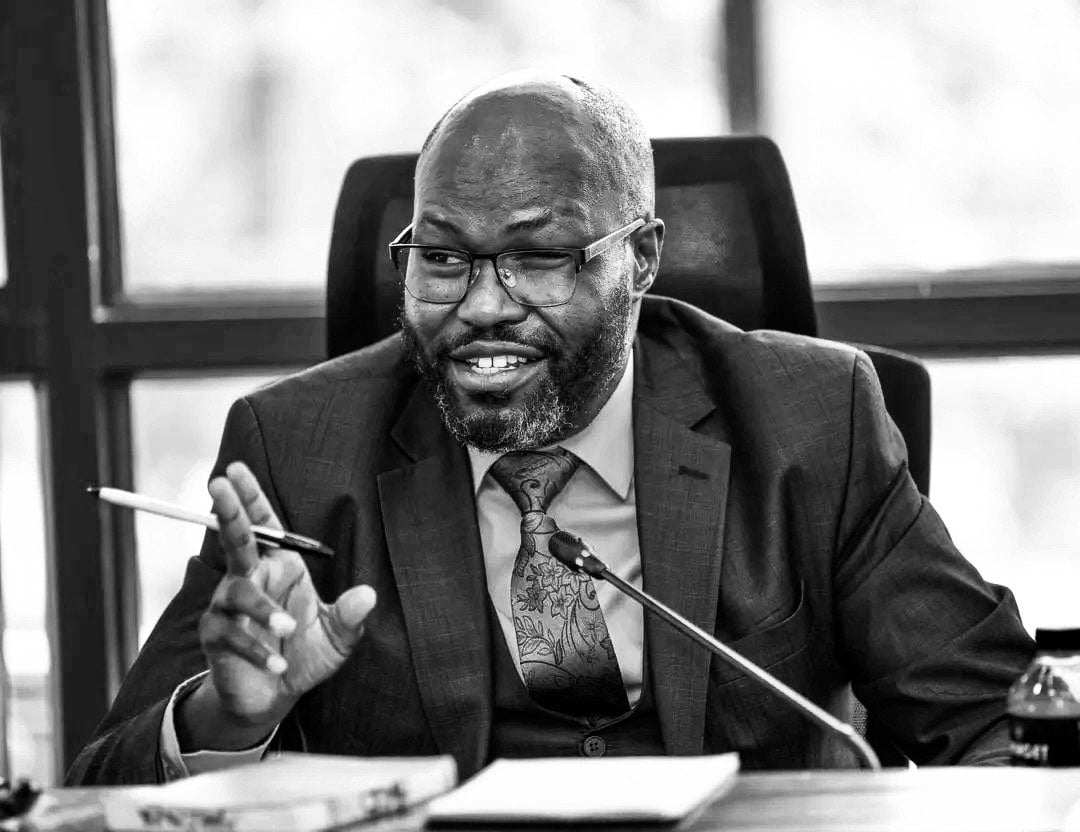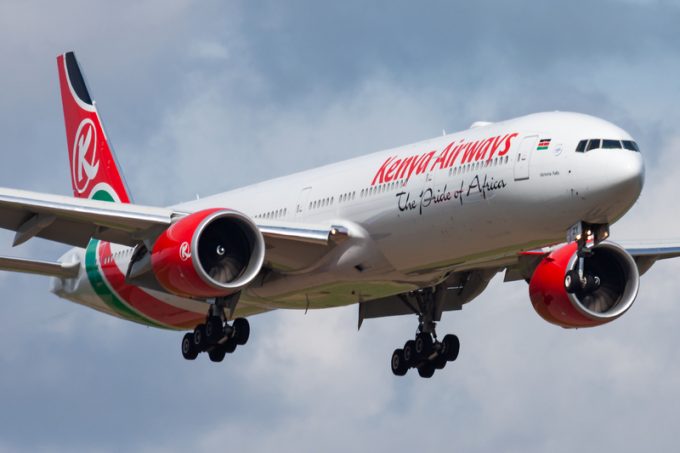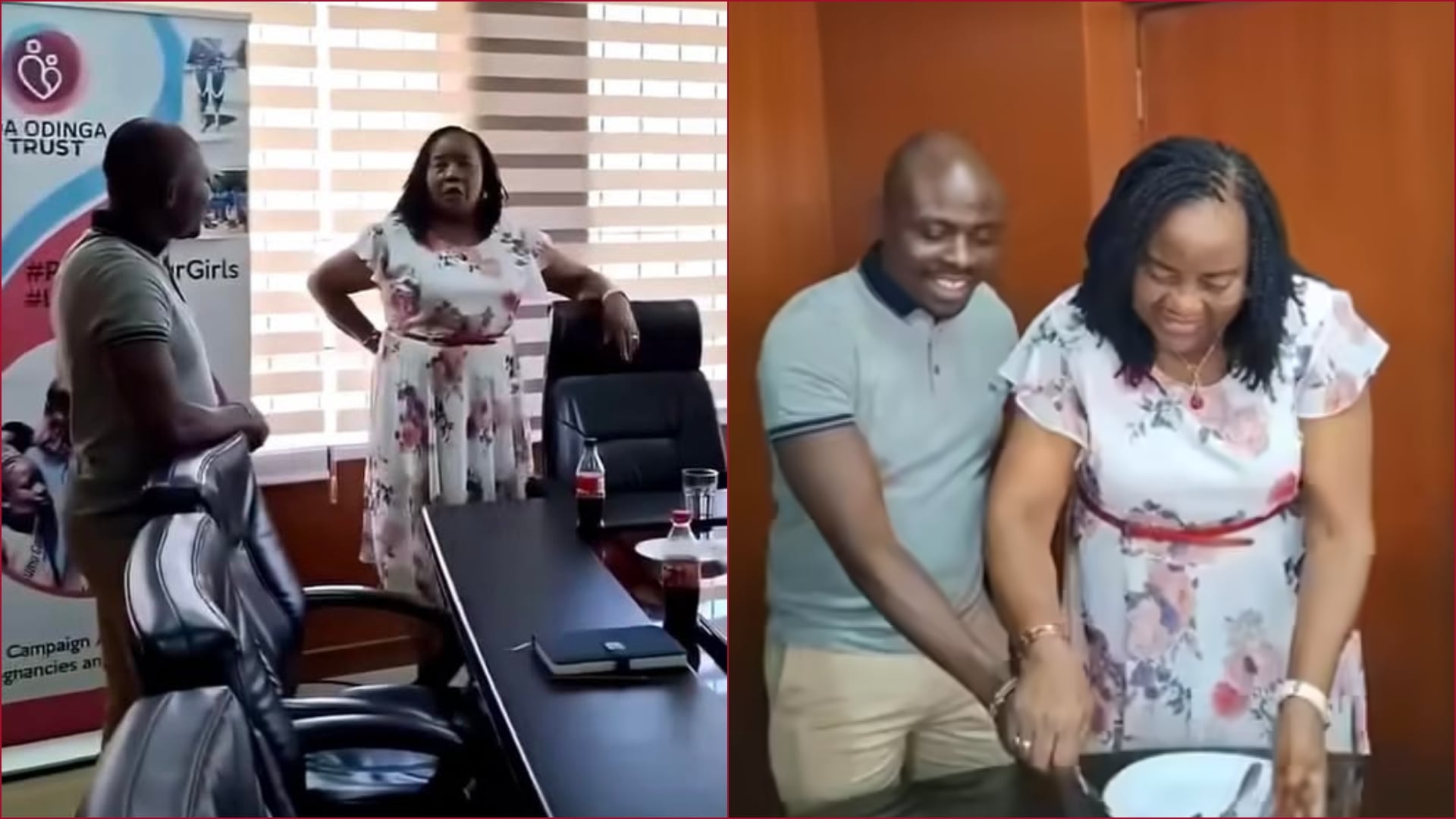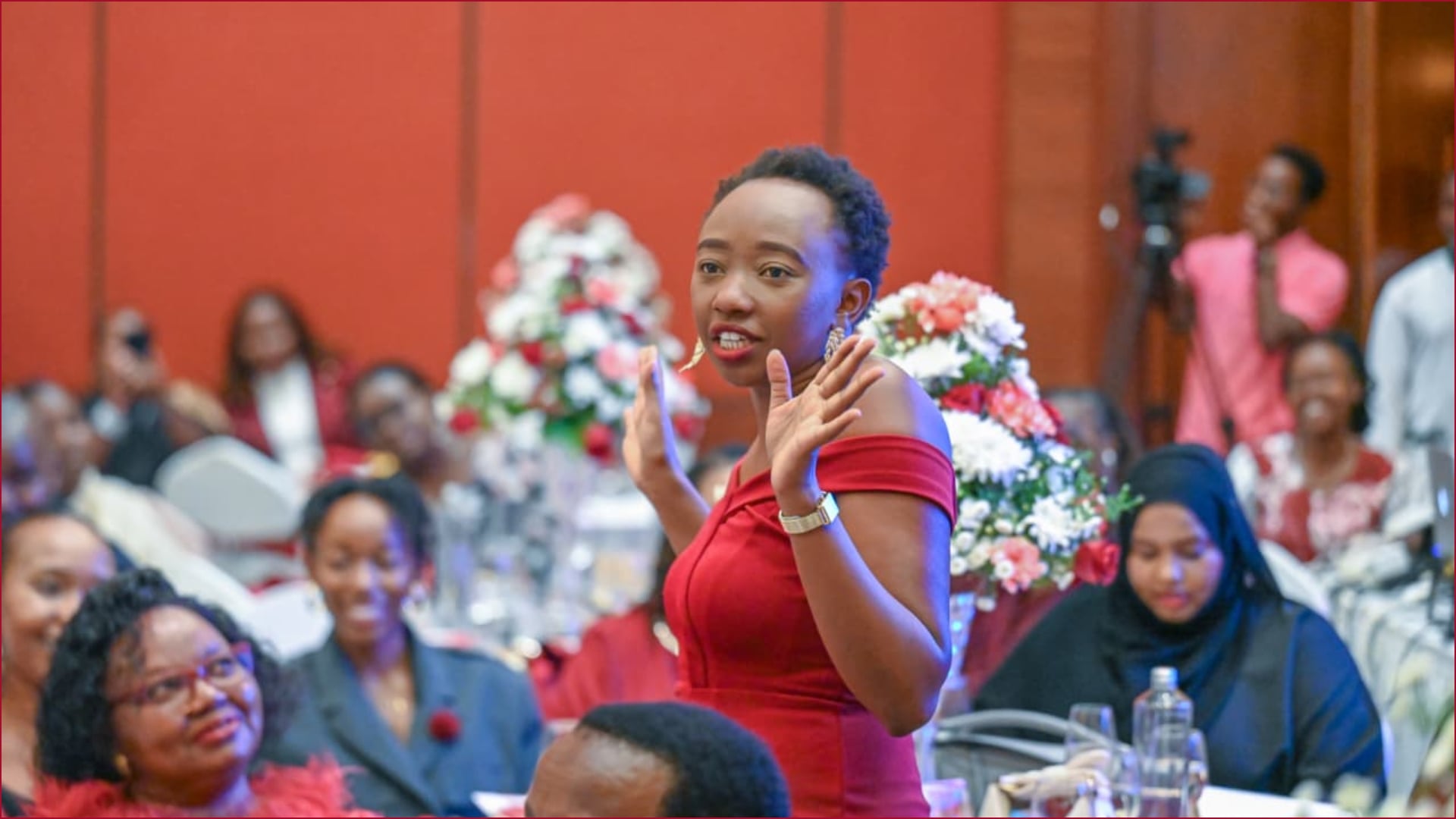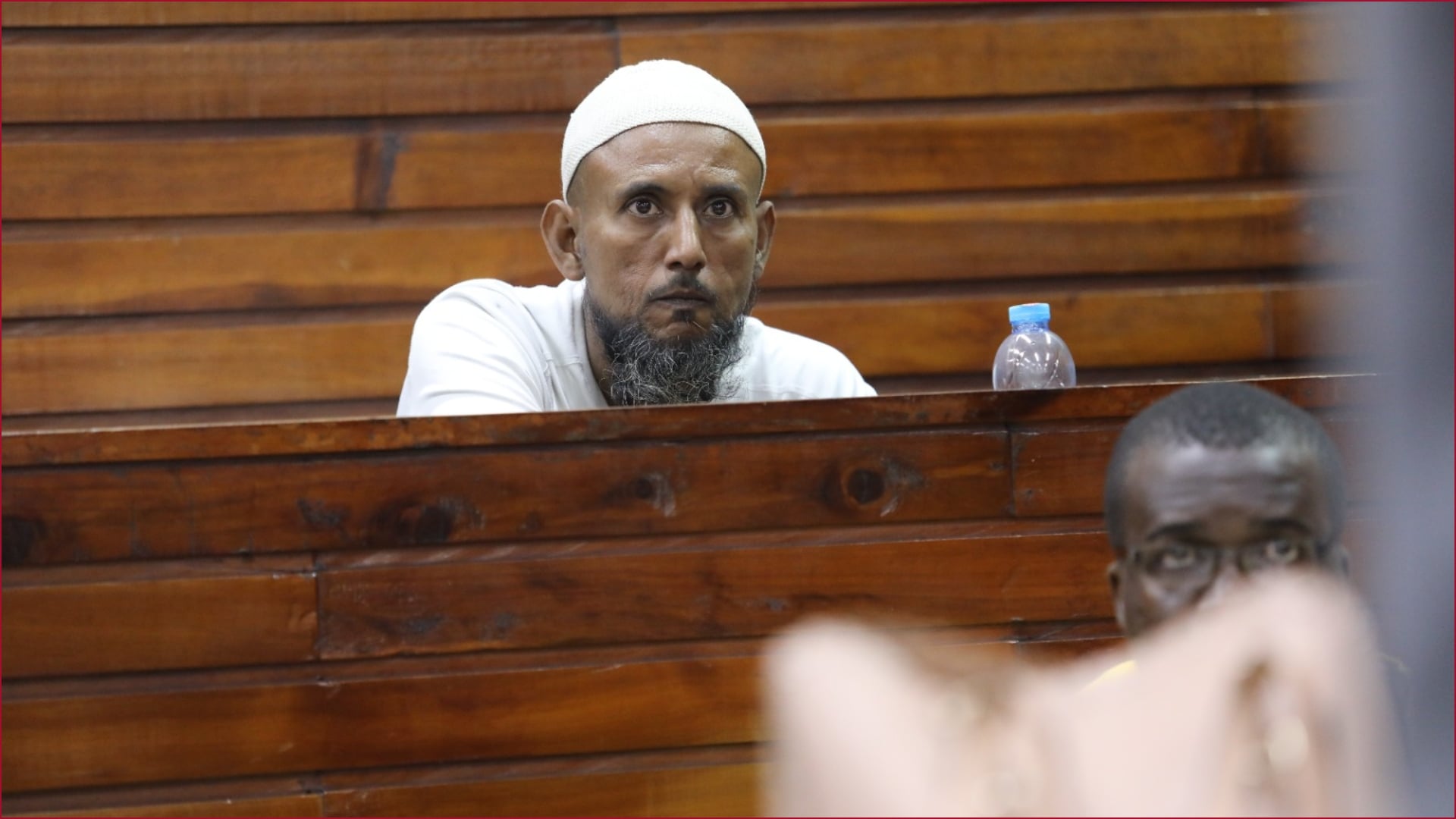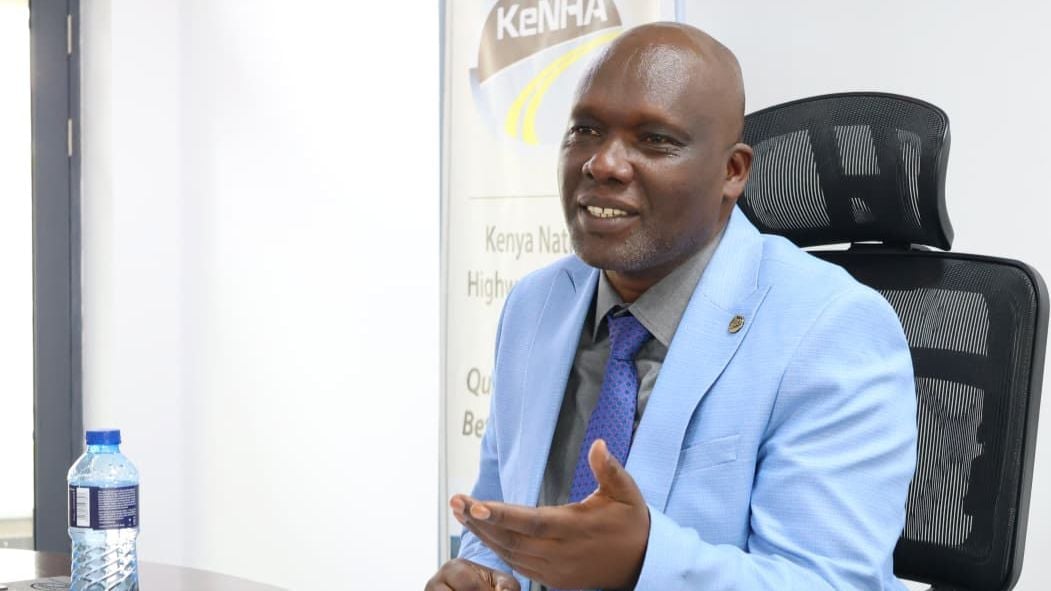The Court of Appeal on Wednesday held a case management conference for the BBI appeal case that has been filed before it by Attorney General Kihara Kariuki, President Uhuru Kenyatta, ODM leader Raila Odinga, and the IEBC.
The case management conference was presided over by Court of Appeal President Daniel Musinga alongside Lady Justices; Lady Justices; Roselyn Nambuye and Hannah Okwengu.
During the presentations, one of the lawyers brought to the attention of the court recent remarks by the President criticizing the judiciary and asked for the bench’s directive arguing that the President’s Kenyatta’s utterance amounted to contempt of court.
“I seek directions on remarks made by a party to this proceeding using the high office of a state office… Speaking at Madaraka Day celebrations, the president made remarks that would be concerning to all other litigants before this court, we seek permission to formally bring those remarks before the court because they amount on contempt of the court,” one of the counsels said.
Responding to the counsel, Justice Musinga said “I hear what you have said and we’ll come to it in the appropriate time.”
Read More
He proceeded to urge all the parties involved in the case not to prosecute the matter in the media, adding that they should give the court adequate space to hear the case and make its determination.
“Let us be civil, let us respect one another, let us balance our comments, and realize we have an important judicial process that must be handled in an important manner,” he told the counsels.
“We don’t have to prosecute or defend our respective position in the media, allow the courts to make a fair, properly informed position without unnecessary attacks by all concerned parties.”
While leading Kenyans in celebrating Madaraka Day, President Kenyatta accused the Judiciary of subverting of the will of the people after the High Court declared BBI illegal.
“…The Judiciary has tested our constitutional limit…If the court had subjected its decision to stop BBI to a cost benefit analysis, in other words if it had considered the burden of choice, then, these are the questions the Judiciary would have asked: If we are in a constitutional moment, is a decision against BBI a decision in support of the status quo?
“If BBI were to be stopped, who carries the burden of choice? On whose shoulders will ethnic majoritarianism rest? And who will carry the burden of losing 30 percent of our national budget every five years due to the toxic politics that BBI seeks to resolve?” the Head of State posed.
